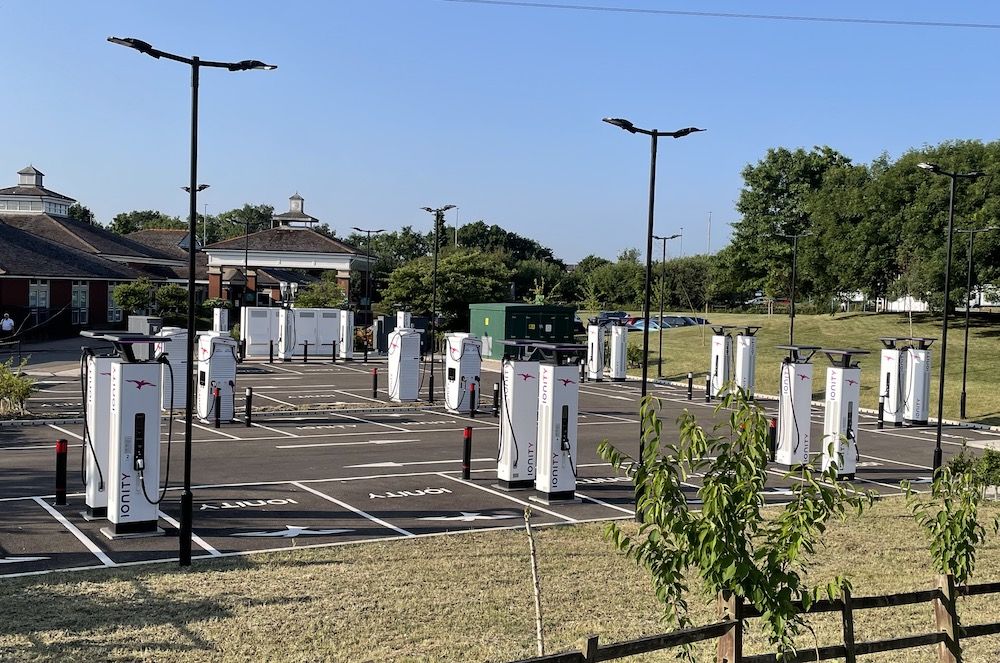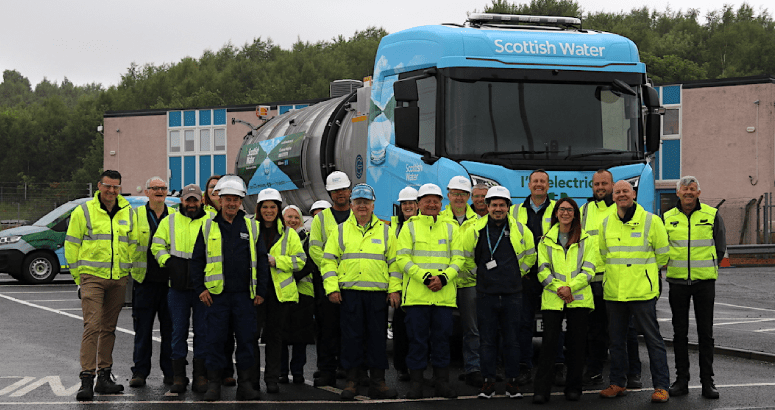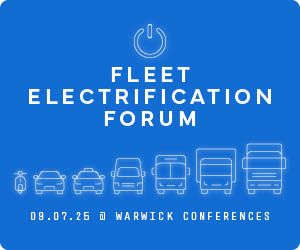The UK Research and Innovation’s (UKRI) funding will be divided among 10 different projects based around the UK, each aiming to help develop the self-sufficiency of Britain’s power electronics, machines and drives (PEMD) supply chains.
This funding aims to build the UK’s manufacturing base for these components, while also creating jobs and insulating Britain against possible future overseas supply chain disruption.
UKRI’s Driving the Electric Revolution Challenge Director, Professor Will Drury, said: “The coming electric revolution presents an opportunity to put the UK at the forefront of a burgeoning industry, creating manufacturing jobs and prosperity across the country.
“By building a sovereign supply chain, we can help make sure zero emission technologies are truly zero emission, while both mitigating against overseas supply chain disruption and cementing the UK’s place at the forefront of a burgeoning industry.”
Supply Chains for NetZero
The 10 projects being funded by UKRI’s Supply Chains for NetZero competition cover a wide range of technologies and processes, all vital to achieving a NetZero supply chain.
One project, led by Ricardo UK Ltd, will develop sustainable electric motors that need 12kg less rare earth metals per motor than current models, making them more sustainable. This project will also enable the UK to scale motor production and transition to electrified transport while reducing the impact of changes in international markets.
Other projects cover plans to develop sovereign supply chains for manufacturing a range of PEMD components and products vital for ensuring the UK can play a leading role in the future of electric transport, utilities, and industry.
Driving the Electric Revolution
To fully embrace a NetZero future, we need PEMD to efficiently harness the energy produced by advances in battery technology. The Driving the Electric Revolution challenge encompasses both the PEMD technologies themselves and the supply chains required to manufacture them.
The £16.7 million investment announced today is part of an overall funding pot of £80 million. This investment will support the UK’s push towards a net-zero carbon economy and contribute to the development of clean technology supply chains worth £80 billion by 2050.
As well as investing in innovation, £33 million is going to create a network of regional industrialisation centres, based at existing areas of expertise in Strathclyde, Sunderland, Nottingham and Newport.
In addition, £6 million of Driving the Electric Revolution funding will go training the skilled workforce we need to support the UK’s high-tech green economy of the future.
Leading from the front
The UK is already demonstrably world-leading in academic and industrial research in the design and development across the whole PEMD supply chain. But before we’ve had to move this knowledge overseas for manufacturing.
These projects put the country in a unique position to become world leaders in the manufacture of PEMD components, securing a substantial share of this rapidly growing global market.
This will allow the UK to seize the initiative, establishing itself as a pre-eminent manufacturer of these vital components and products, driving job creation in regions across the country.
Levelling up
The funding is spread out across all parts of the UK and across all sizes of business, from multinational corporations to small enterprises.
Around £11.3 million of the £16.7 million overall funding is going to organisations based in Wales, the west midlands, Scotland, the northeast of England and the east midlands. The rest is distributed among companies in other parts of the country.
And only a minority of the funding is going to large organisations, with micro and small enterprises receiving £6.2 million, medium sized enterprises receiving £3.6 million and universities receiving £2.5 million.
Marc Brand, Director of Business Development at Supply Design Limited, said: “For many sectors the future is electric, and the UK can take a leading role, but only if companies of all sizes and in all parts of the country are involved. The funding from Driving the Electric Revolution challenge is helping us to act like a large innovative integrated multinational. It’s allowing us to bring together advanced simulations tools, high-value manufacturing capability, and development expertise to maximise novel UK intellectual property.
“Without support, the interaction would be too risky and we would lose the collaborative interaction, expertise and focus required to create clear competitive advantages in this fast-growing niche.”
The £2.4 million of funding going to the SCIENZE project alone will allow its project partners to supply up to 100,000 power electronics-based products by 2025, safeguarding more than 150 high-value engineering jobs and securing follow-on investment of at least £4.5 million in UK-based industries.
Embedded carbon
At present, even supposedly zero emission technologies, such as electric cars and wind turbines, are the product of a carbon-intensive, pan-global supply chain. That means the carbon cost of these products can be very high, even when they are zero emission at the point of use.
This process means a significant portion of the reduced emission are in fact effectively ‘off-shored’ in other countries, where the components and finished product are manufactured.
A sovereign supply chain that is truly low-carbon will enable the UK to achieve true NetZero, as opposed to merely off-shoring its carbon emissions.
Image: Shutterstock














